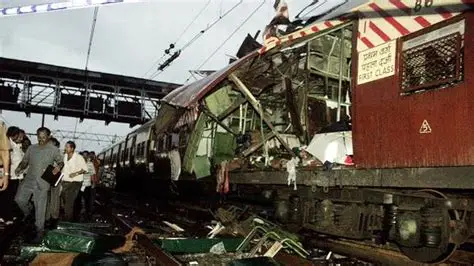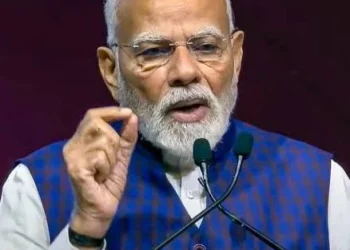The Supreme Court has issued notice on the Maharashtra government’s plea challenging the acquittal of all 12 accused in the 7/11 Mumbai train blasts case, while putting a stay on the High Court verdict’s use as a legal precedent.
BY PC Bureau
New Delhi, July 24 – The Supreme Court on Wednesday issued notice in the criminal appeals filed by the Maharashtra government challenging the Bombay High Court’s acquittal of all 12 accused in the 2006 Mumbai train blasts case. The top court, while refraining from ordering the re-arrest of the accused who were released after the High Court verdict, stayed the judgment’s use as a precedent.
Solicitor General Tushar Mehta, appearing for the State of Maharashtra, urged a limited stay, citing concerns that certain legal findings in the Bombay High Court’s ruling could adversely impact other pending cases under the Maharashtra Control of Organised Crime Act (MCOCA). “Your Lordships may consider saying the judgment is stayed, however, they will not be required to come back to the prison,” he submitted before a bench comprising Justices M.M. Sundresh and N.K. Singh.
7/11 Mumbai Blasts :Supreme Court Stays Bombay HC’s Acquittal Judgment; But Says Accused Not Required To Go Back To Prison |@1Simranbakshi #SupremeCourt https://t.co/mkkxzL9yBq
— Live Law (@LiveLawIndia) July 24, 2025
Responding to the plea, the Court clarified:
“We have been informed that all the respondents have been released and there is no question of bringing them back to prison. However, taking note of the submission made by the Solicitor General on the question of law, we are inclined to hold that the impugned judgment shall not be treated as a precedent. To that extent, there is a stay.”
READ: 7,000 Steps: The New Sweet Spot for Major Health Gains, Study Finds
On July 21, the Bombay High Court set aside a 2015 MCOCA court judgment that had convicted 12 individuals—five were awarded the death penalty and seven given life imprisonment—for their alleged roles in the coordinated serial blasts on Mumbai’s Western Railway suburban line on July 11, 2006. The horrific attacks killed 189 people and injured over 820.
The High Court, in a detailed judgment, held that the prosecution had failed to prove the guilt of the accused beyond reasonable doubt. The division bench of Justices Anil Kilor and Shyam Chandak also noted that several of the accused had been tortured by the Anti-Terrorism Squad (ATS), which was allegedly under pressure to show results.
The blasts, now infamously known as the “7/11 Mumbai Blasts,” were investigated by the Maharashtra ATS.













